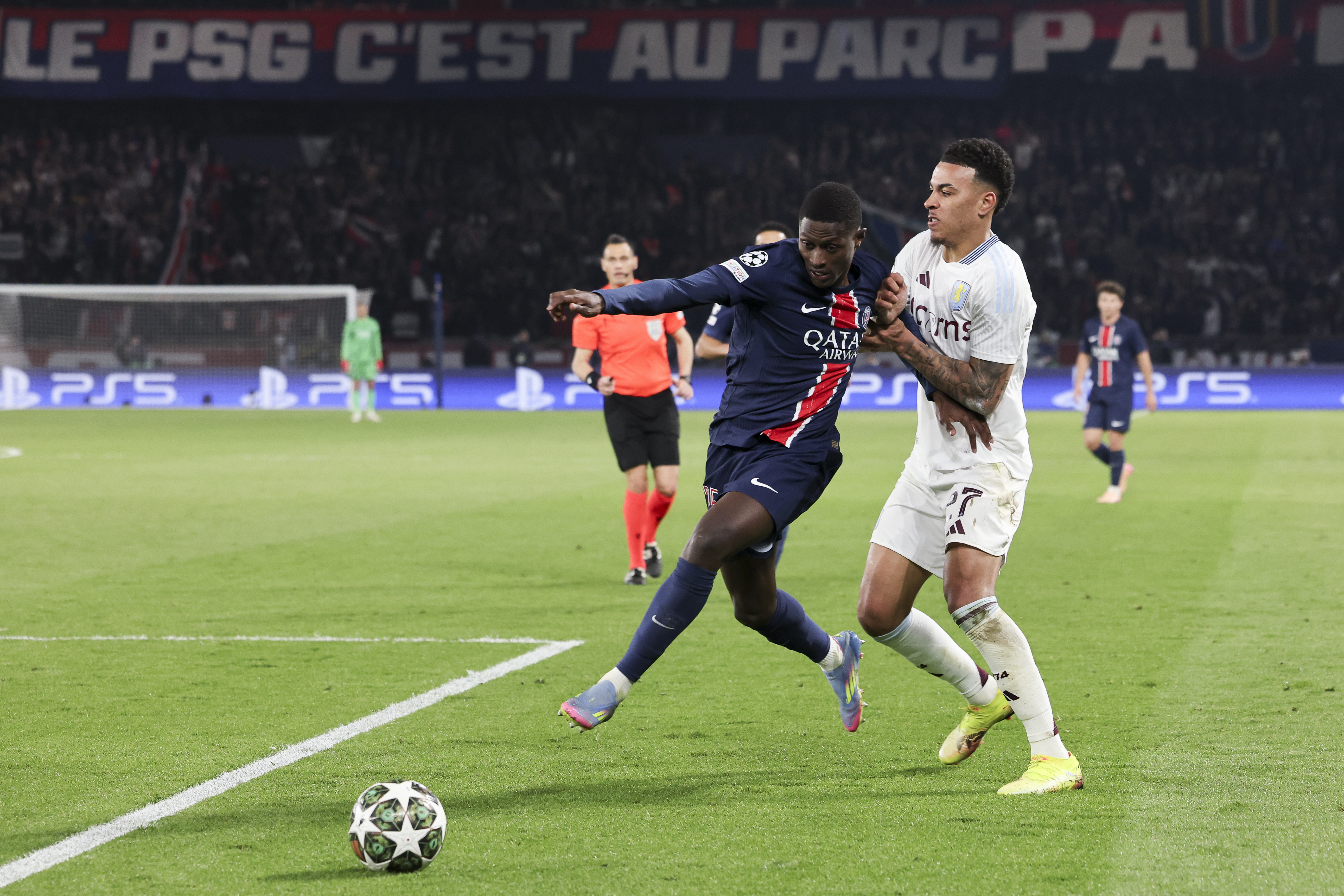Where are they now? England, Euro '96
The latest instalment of the European Championship will kick off in France in June this year. In the lead-up, FourFourTwo are producing a special edition of our ‘Where are they Now?’ series, commencing with England’s famous Euro ’96 side...
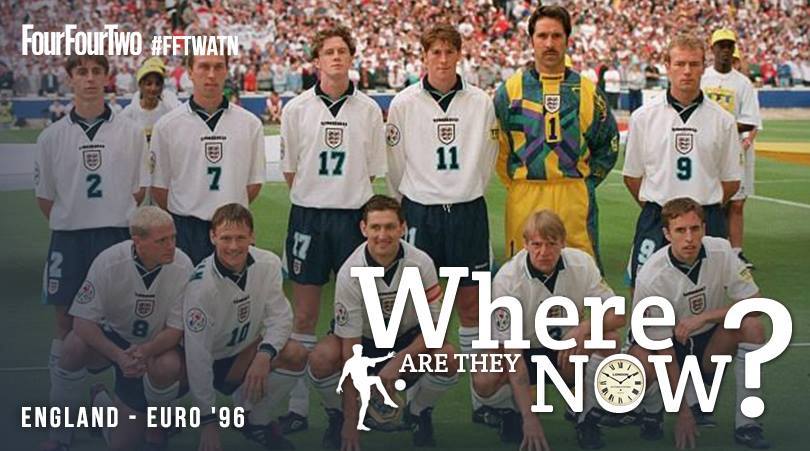
There was plenty of optimism from the home fans when England hosted the 1996 European Championship. It was the country's first time hosting a major football tournament since winning the 1966 World Cup, and the Three Lions boasted a talented team led by Alan Shearer and the mercurial Paul Gascoigne.
The revamped Premier League had also been launched just a few short years prior and interest in football was at an incredible level as the tournament got underway around the country.
Under the guidance of manager Terry Venables, and with Shearer firing on all cylinders, England topped their group – including a 4-1 hammering of the Netherlands – and beat Spain on penalties to reach the semi-finals. With 75,862 fans in attendance at Wembley, England took the lead against Germany before the visitors equalised and ultimately prevailed in another battle of spot-kicks.
Despite the defeat, the England players were feted as heroes and it remains their best performance at a European Championship. So, where are they now?
Words by Vijhay Vick, Kenneth Ho and James Dampney
David Seaman
Having won the English league title in his debut season with Arsenal in 1990/91, Seaman cemented his position as England’s No.1 at Euro ‘96.
Get FourFourTwo Newsletter
The best features, fun and footballing quizzes, straight to your inbox every week.
Despite England’s defeat at the semi-final stage, Seaman was included in UEFA’s team of the tournament, along with compatriots Steve McManaman and Alan Shearer.
Seaman’s decorated career at Arsenal also resulted in him earning two other league medals and four FA Cups. His only European success, however, came when Arsenal won the Cup Winners’ Cup in 1994.
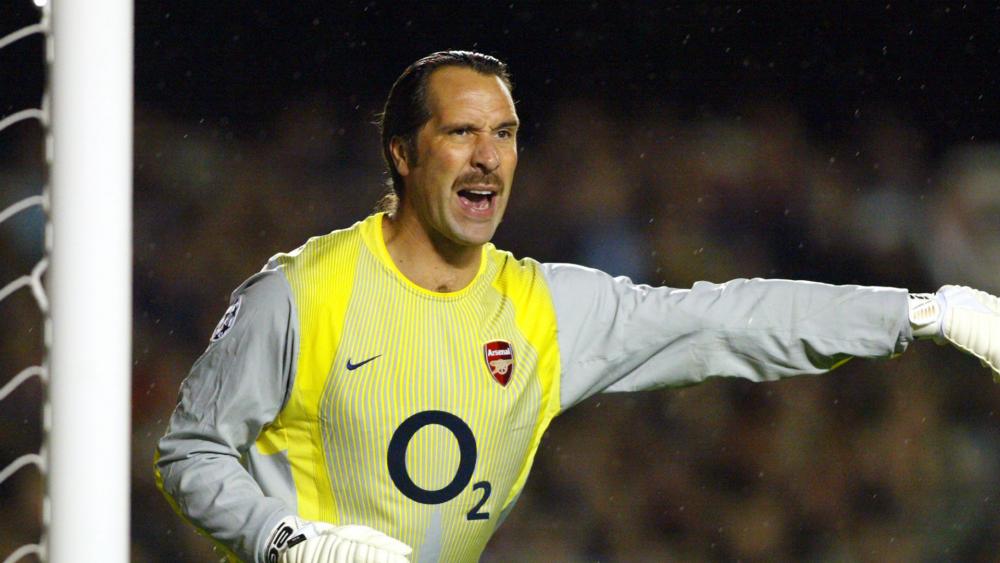
Seaman moved to Manchester City in the summer of 2003 but announced his retirement just six months later at the age of 40, due to a shoulder injury. He had played 19 league games at City prior to the injury.
Since his retirement, Seaman has played two charity matches at Old Trafford, won the Strictly Ice Dancing television competition in 2004 and partnered Frankie Poultney to finish fourth in the 2006 Dancing on Ice edition. They married in 2015.
When not dancing or coaching at Arsenal part-time, Seaman is said to enjoy golfing, shooting and travelling. – VV
Gareth Southgate
Well known for his tenacity and merciless challenges, Southgate was one of those defenders opposition players always wished they didn’t have to face.
But he had to face the music – quite literally – after the England mainstay missed the penalty that utlimately sent his team out of the Euro ‘96 semi-final shoot-out. As Germany went through to the final, English band ‘The Business’ wrote the song Southgate (Euro '96).
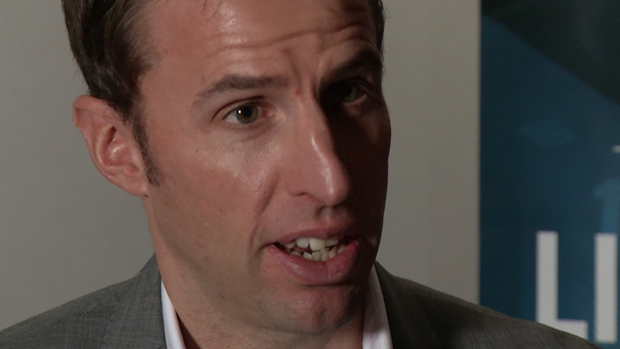
After playing spells with Crystal Palace, Aston Villa and Middlesbrough, Southgate became a coach and was in charge of ‘Boro from 2006-2009.
He was asked to leave midway through his final season and became a pundit before being appointed the FA’s head of elite development in 2011, a post he left just a year later.
However, in 2013, Southgate was appointed manager of England’s under-21 team, a position he still holds. His highlight so far has been leading them to the finals of the Under-21 European Championship in 2015. – KH
Tony Adams
One of the great English defenders for more than two decades, Adams is an extraordinarily rare breed in modern football – a one-club man.
Joining Arsenal’s youth team way back in 1980, he debuted for the club while still a teenager and never left. Making well over 600 appearances and captaining the Gunners, he accumulated four league titles, three FA Cups and two League Cups across his career.
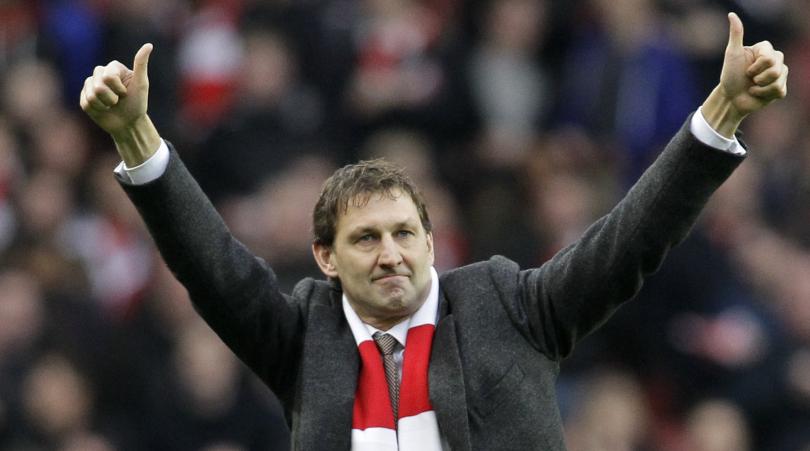
Upon retirement in 2002, Adams moved into management, pulling the strings at Wycombe Wanderers, Portsmouth and in Azerbaijan with Gabala, where he is now sporting director.
But it wasn’t always smooth sailing for the now-49-year-old, who wrote an autobiography titled Addicted back in 1998 that detailed his battle with alcohol. He also survived a major health scare in November last year, requiring heart surgery after experiencing severe pain while exercising. – JD
Stuart Pearce
Nicknamed “Psycho”, Pearce was at the tail end of his career at Euro ‘96. He retired from international football in 1999 with 78 caps, and hung up his boots for good in 2002, during which he'd already had a taste of managerial duty.
Pearce was caretaker player-manager at Nottingham Forest for four months in the 1996/97 season, before enjoying two-year spells at Newcastle United and West Ham.
He moved to Manchester City in July 2001 for one last hurrah, captaining the club to the First Division title, and remained there in a coaching capacity. Replacing Kevin Keegan at the helm in 2005, he was eventually sacked in May 2007.
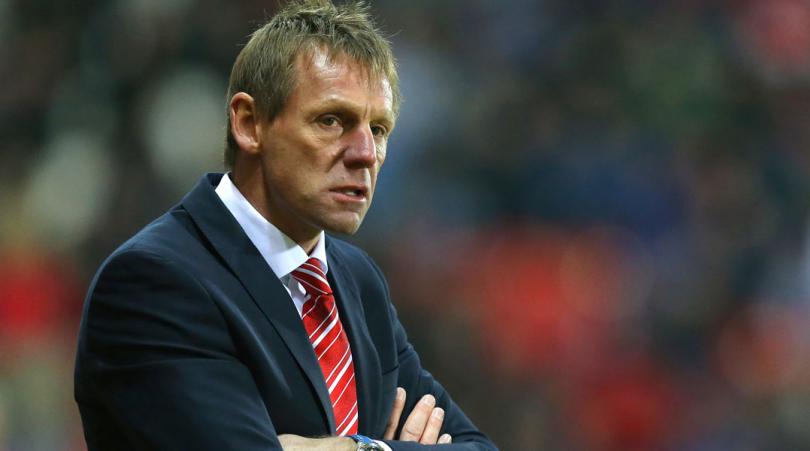
Pearce was England’s under-21 coach from 2007-2013, Great Britain coach at the 2012 London Olympics and, for a brief moment, England’s caretaker coach following Fabio Capello’s resignation in February 2012. He is reportedly eager to return to the dugout after being sacked by Nottingham Forest in February 2015, just seven months into that job.
Pearce also earned headlines over a shock return to football – 14 years after his retirement – in a one-match deal to play for semi-professional outfit Longford AFC in the Gloucestershire Northern Senior League Two this month. – VV
Darren Anderton
Anderton started his career at Portsmouth and moved to Tottenham after drawing the attention of some bigger clubs. And it was at White Hart Lane where he really excelled, which soon led to him being called up for England.
Anderton made his debut for the Three Lions in 1994 against Denmark, but injury issues plagued him and restricted him to a relatively modest 30 caps, considering his obvious talent.
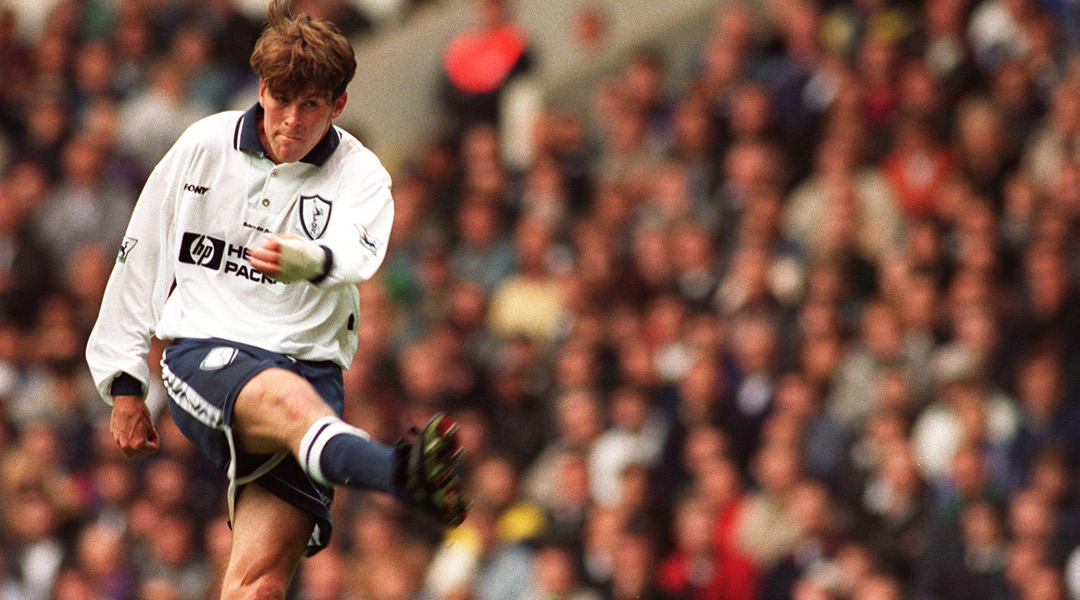
At Euro ‘96, Anderton started against Germany and came close to winning the game for England, only to see his shot come off the post in golden goal extra-time.
He last turned out for Bournemouth in 2008 and enjoyed a fairy tale ending to his career by scoring a spectacular solo effort off the bench.
These days, Anderton is a TV sports pundit for Sky Sports but when he's not on screen can be found on Twitter regularly sharing his thoughts. – KH
Steve McManaman
In a playing career that spanned Liverpool, Real Madrid, Manchester City and England, McManaman drew regular praise for his technical gifts and work ethic as a winger or creative midfielder.
But media and pundits who had a chance to get to know him also noted his intelligence away from the pitch and it is perhaps this – along with his football knowledge – that has allowed him to construct such a notable career in the media post-football.
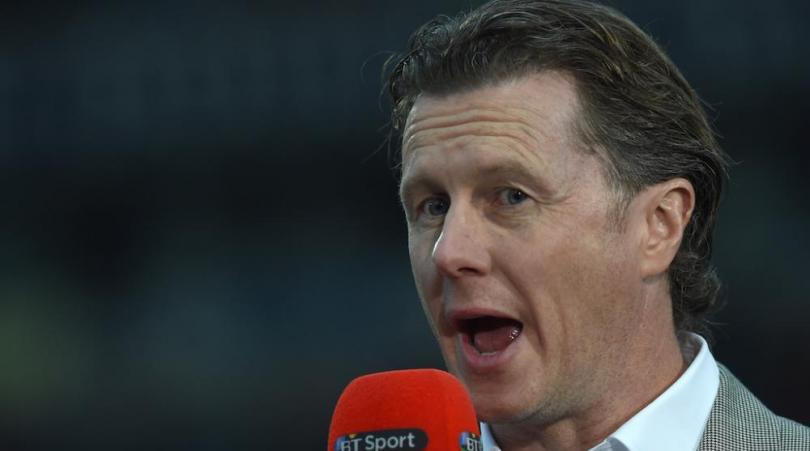
Measured yet outspoken, the 44-year-old has worked with ESPN, ITV, Setanta Sports and Al Jazeera, among others, and is currently with BT Sport. – JD
David Platt
Having enjoyed a notable career with the Three Lions since the early 1990s, Platt was reduced to an impact player in the early rounds of Euro '96, only to start the quarter-final tie against Spain because Paul Ince was suspended.
He went on to play the entire 120 minutes against Germany before retiring from international football after the competition.
Signing for Arsenal in 1995, Platt remained at the club until their league and cup Double in 1998. He returned to his former team Sampdoria as coach for a short spell but later resumed his playing career as player-manager at Nottingham Forest for two seasons.
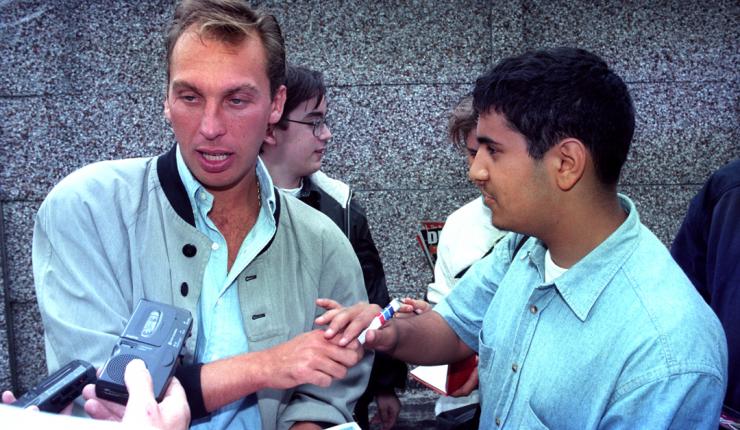
Platt took charge of the England under-21s but resigned after failing to qualify for the 2004 Under-21 European Championship. He moved into football punditry and also started Major Golf Events, a company providing golfing experiences, in 2008.
Platt returned to football as a first-team coach to long-time friend and former Sampdoria team-mate Roberto Mancini at Manchester City in 2010, later becoming the Italian’s assistant in their final season (2012/13).
Platt was coach of Pune City of the Indian Super League last year but left the club in December. – VV
Paul Ince
Ince was one of the most tenacious midfielders in this England squad and he did his best to boss the centre of the pitch against Germany.
He enjoyed an illustrious, if controversial, career as he made the rare move of turning out for both Manchester United and Liverpool. He was also keen to venture abroad, landing in Serie A with Inter Milan.
Ince became a player/coach for Swindon Town in the twilight of his career before retiring from playing in 2007.
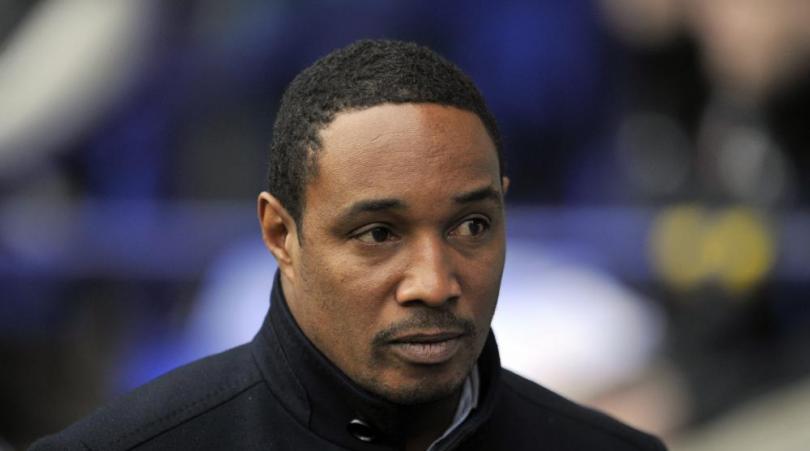
His last coaching job was with Blackpool but he left them in 2014, a few months after being hit with a five-game stadium ban by the FA for violent conduct against an official. He completed the highest level of coaching qualifications in 2015 but is still looking for a job.
Since then, Ince has been making media appearances both on and off screen, while also following the career of son Tom who is currently with Derby. – KH
Paul Gascoigne
There have been few world figures before or since this famous Geordie to have reached such incredible, nation-inspiring highs and then endure a litany of such self-inflicted lows, largely revolving around alcohol and drugs.
Signed as a schoolboy by Newcastle, Gascoigne made his full debut while still a teenager and quickly gave an indication of his prodigious talent. Choosing Tottenham over Alex Ferguson’s Manchester United for his next move, he would spend five years with Spurs, but it was at national level where his on-field legend was truly born.
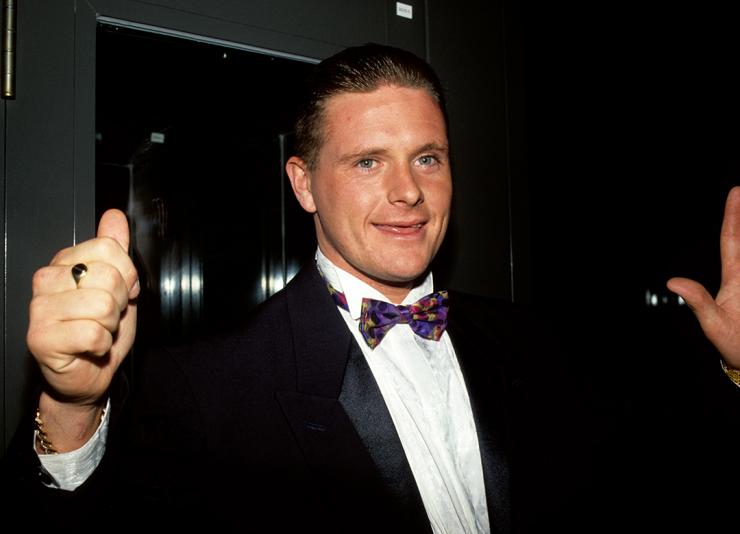
‘Gazza’ became a national hero as the Three Lions reached the 1990 World Cup semi-finals, a match England ultimately lost in a penalty shootout.
He also scored a superb goal against Scotland at Euro ’96 and agonisingly missed a chance in extra time of another semi-final defeat to the Germans at the same tournament (see below).
Retiring in 2004 following stops in Italy, Scotland, China and the US, he tried his hand at management, but has spent much of the past decade dogged by arrests, drunken escapades and stints in rehab. Last year the 48-year-old had a brief stint presenting a one-man show. – JD
Alan Shearer
Shearer was among the finest strikers to grace English football, scoring a record 260 times in 441 appearances – including three consecutive 30-goal seasons. He also scored 30 international goals in 63 matches.
Shearer’s five goals at Euro '96 made him the competition’s top scorer and he was named in the UEFA team of the tournament.
He moved to boyhood club Newcastle for a then-world-record fee of £15m that summer despite interest from giants Manchester United. He spent 10 seasons firing in goals and stayed loyal to the Magpies, even though he never won a trophy on Tyneside.
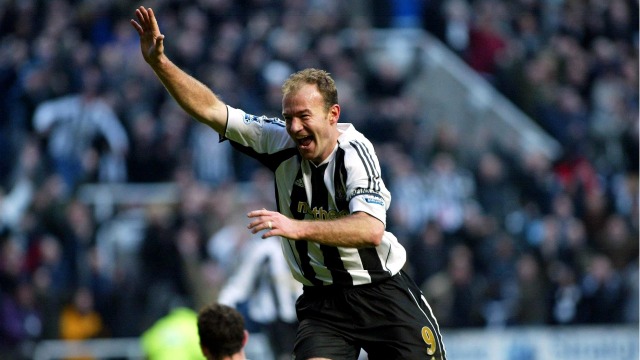
Since retiring in 2006, Shearer briefly returned to manage Newcastle for their final eight games in what was an unsuccessful attempt to avoid relegation in 2009.
The 45-year-old has moved into punditry with the BBC and in January made his co-commentary debut during the Newcastle-Manchester United clash.
Shearer is also a keen humanitarian, often raising funds for a host of charities – including Unicef, NSPCC, Dream Foundation and BBC’s Sport Relief. He also founded the Alan Shearer Academy Scholarship Scheme in 2006 and is a patron of the Sir Bobby Robson Foundation for cancer research.
Teddy Sheringham
Sheringham and Shearer formed a fearsome partnership at Euro ’96, but the former was unable to get onto the scoresheet in the game against Germany.
He did put away his spot-kick to keep England’s hopes alive, but that flame was extinguished after Southgate missed his opportunity.
The former Tottenham and Manchester United favourite had a long playing career which spanned 22 years, and he finally retired with Colchester United in 2008 at the age of 42.
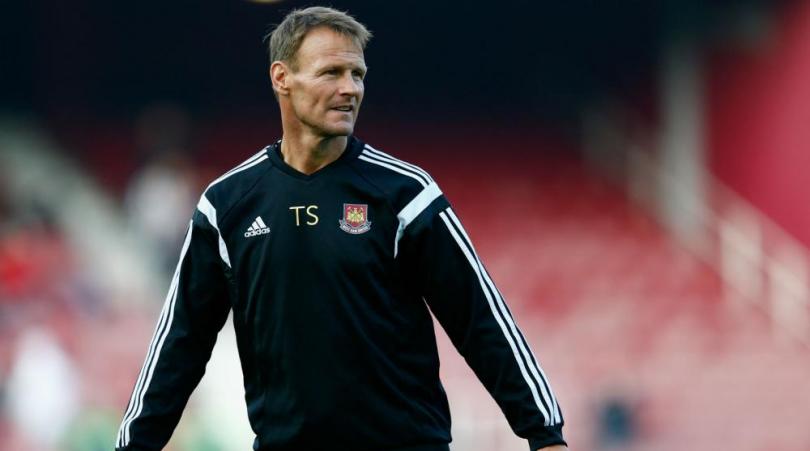
Since then, he has been invited on football shows and can be found trying his luck in poker tournaments around the world.
In May 2015, Sheringham took his first managerial post at League Two side Stevenage, but was sacked in February this year after a string of poor results. – KH
Terry Venables, manager
The man that would become known as ‘El Tel’ had a successful playing career, representing Chelsea, Tottenham, QPR and Crystal Palace.
He also earned two England caps, but it was on the sidelines coaching his nation, rather than performing for it on the pitch, where he found a place in the country’s consciousness.
His nickname came from his time in charge of footballing behemoth Barcelona, taking the slightly unusual managerial path from Palace to QPR and then to the Nou Camp.
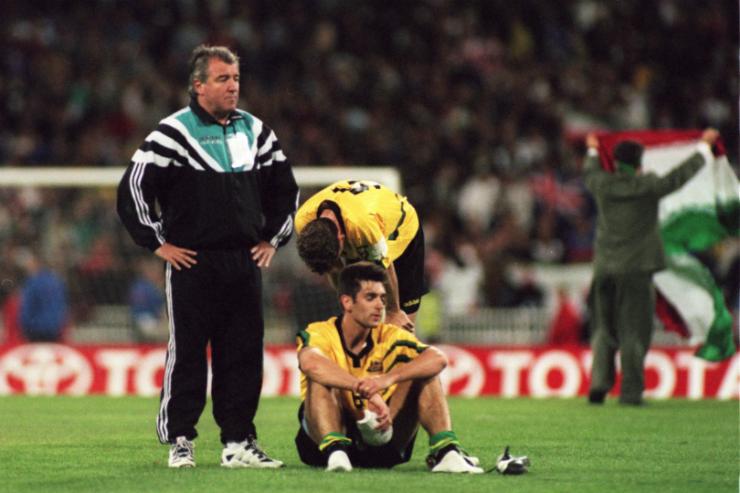
But he succeeded in Spain, picking up a La Liga title and reaching a European Cup final, losing to Steaua Bucharest. He then joined Tottenham in 1987 before finally taking over the national team in 1994.
He earned rave reviews for his approach and tactics as England reached the Euro ’96 semi-finals on home soil. Following his departure that year, he managed Australia and filled roles at various English clubs.
An author and a recording artist (last in 2010, we'll have you know), he and his wife also run a hotel in Spain. – JD
Main image courtesy of EMPICS Sport
